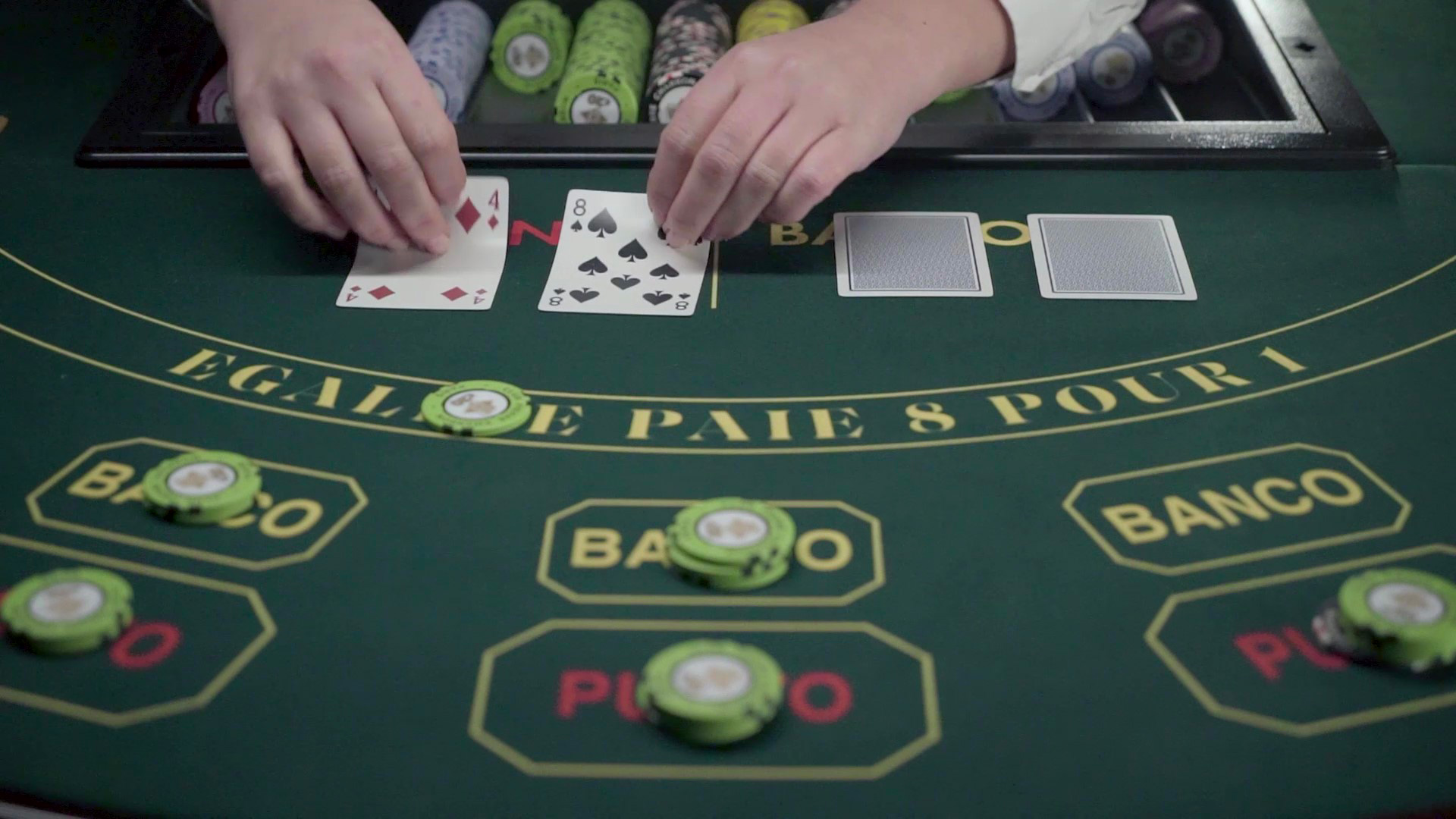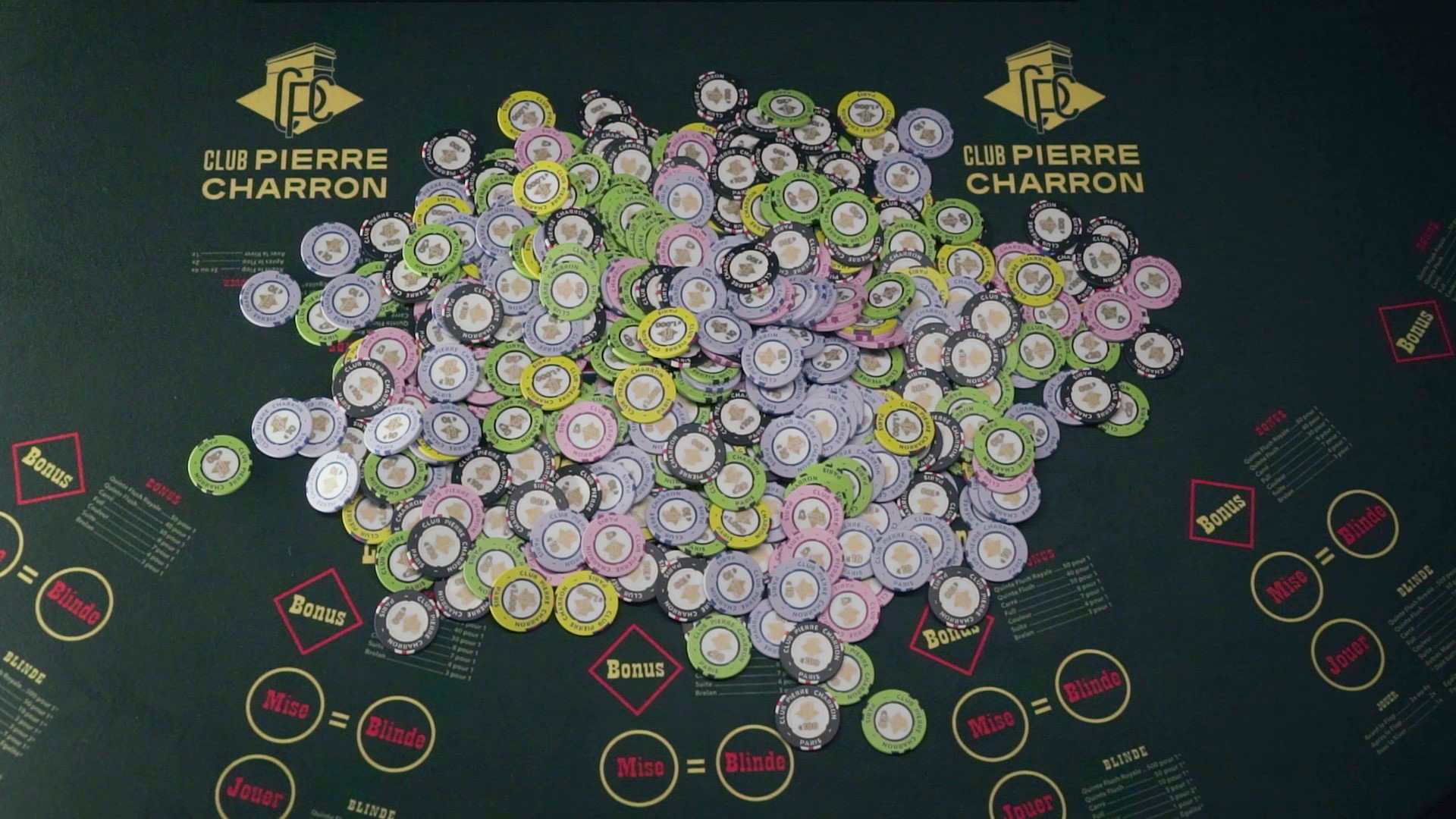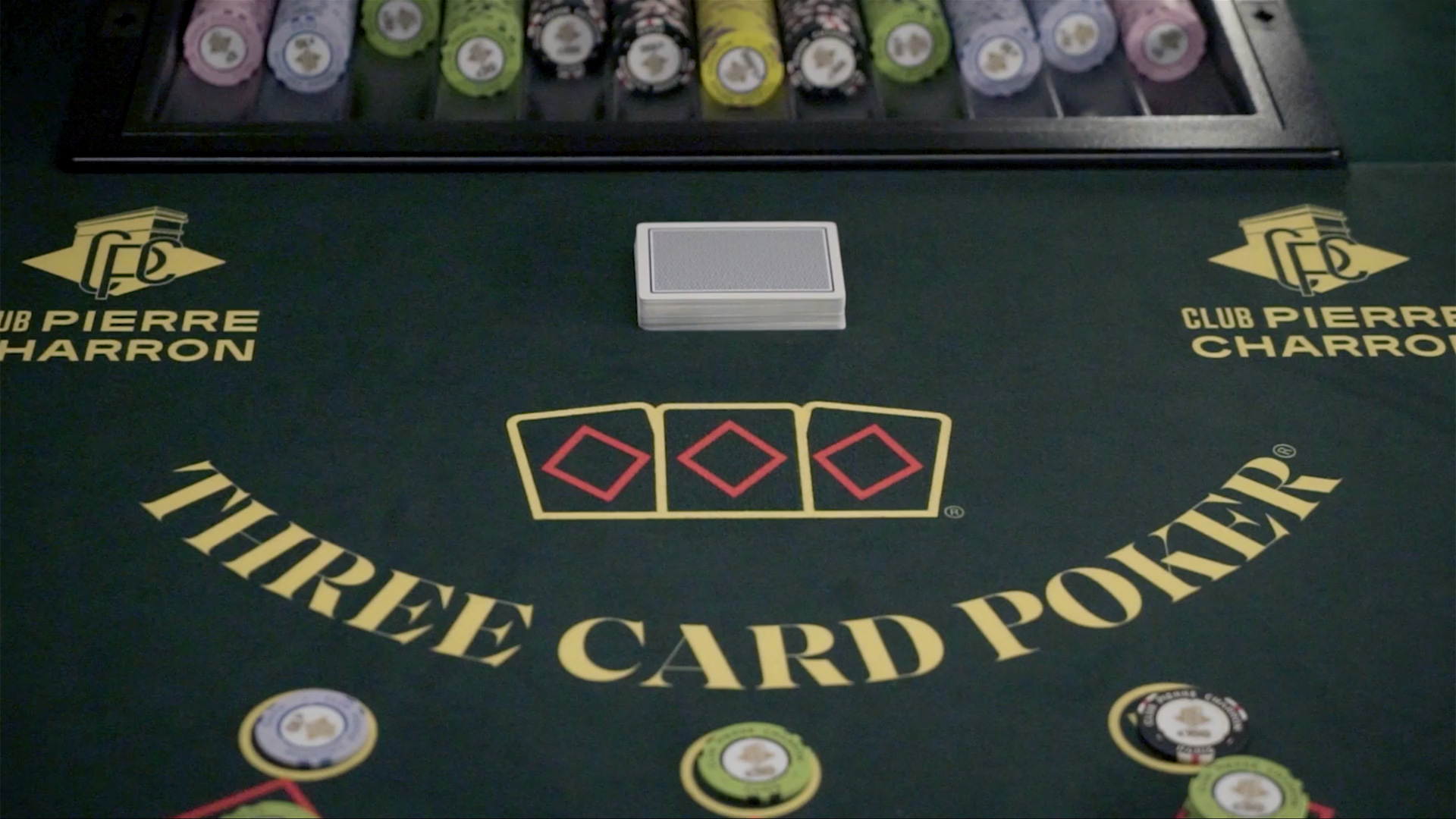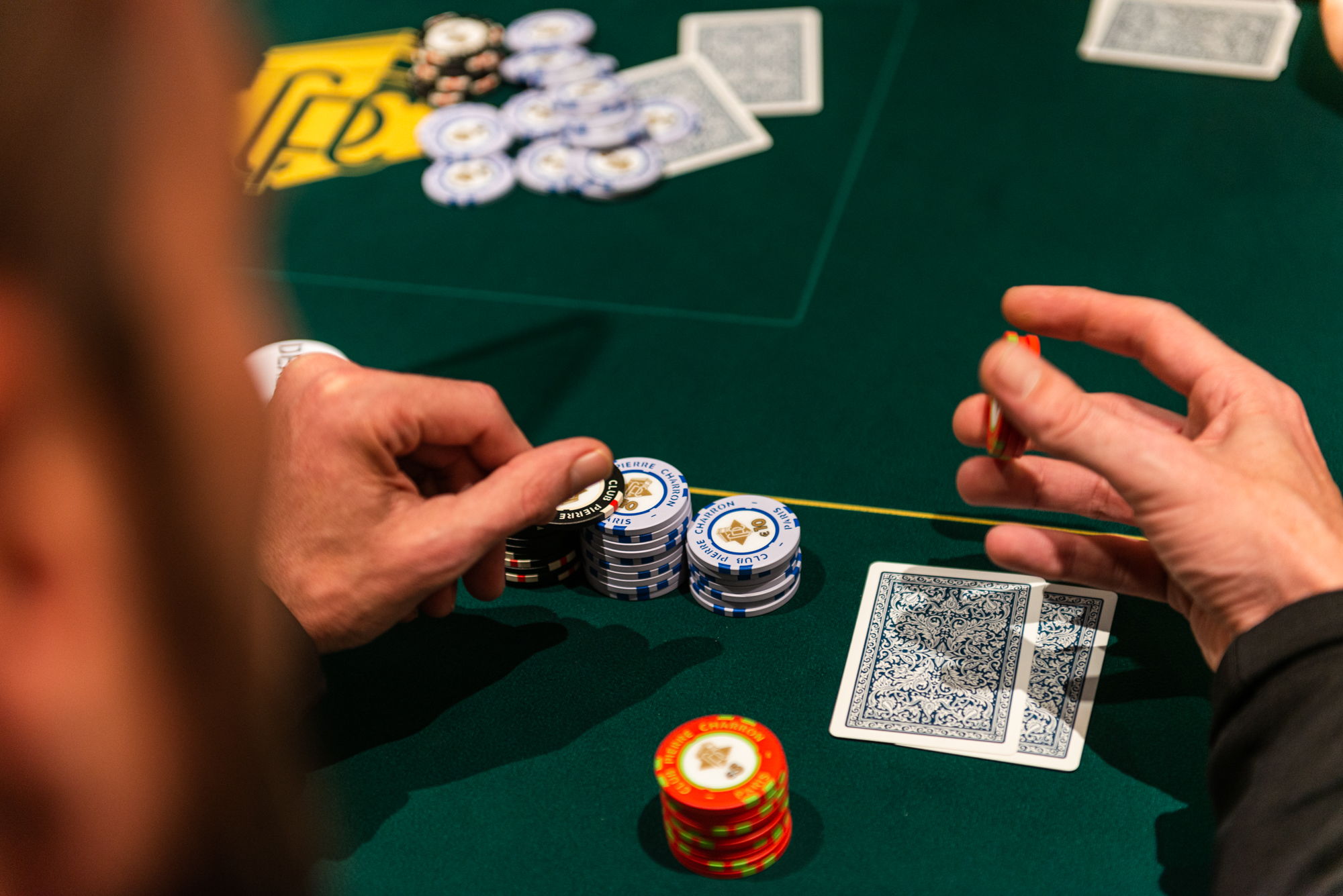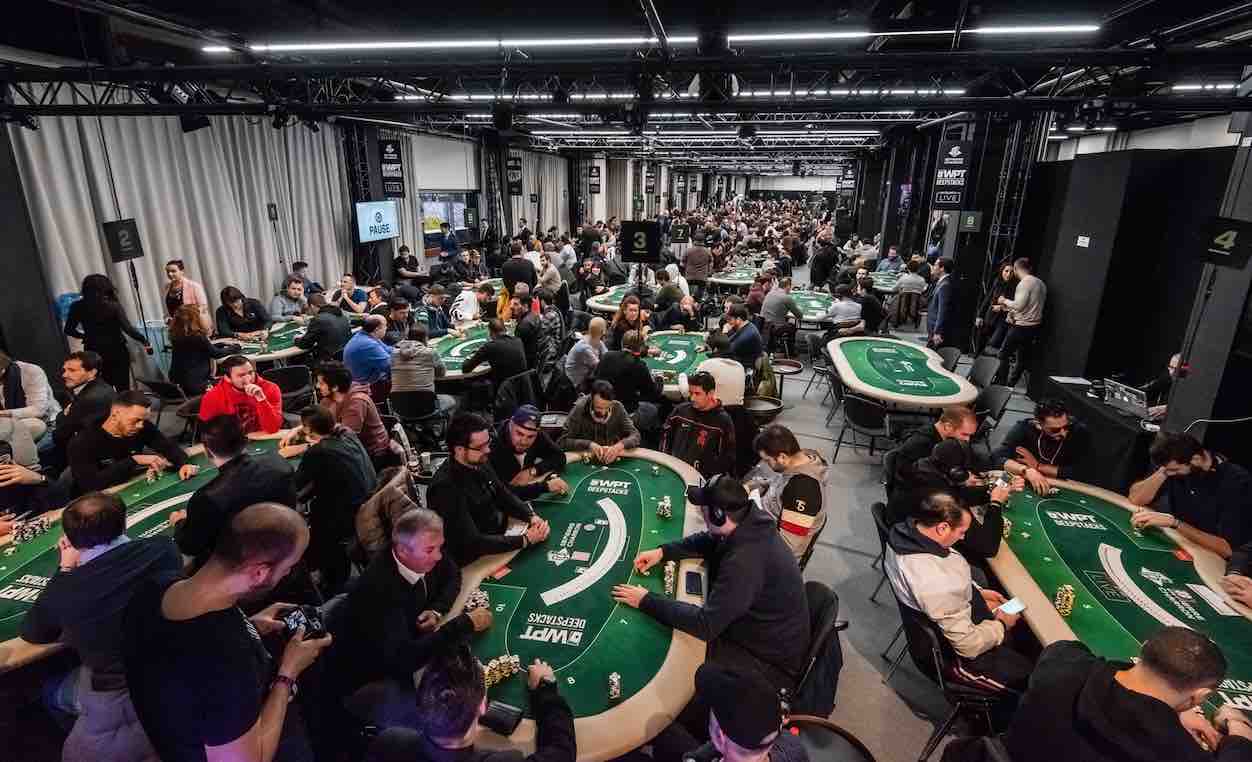While there are more than 200 casinos in France, it is impossible to set foot in a casino in Paris. How did gaming establishments come to establish themselves in the capital? A look back at a complex love story between Paris and gambling.
A DIFFICULT START FOR GAMING IN PARIS
It won’t come as a surprise, but the French have always loved gaming. At the beginning of the 16th century, lotteries multiplied throughout the French States, to such an extent that they even ended up being banned in the capital by decrees in 1598 and 1661, before finally becoming authorized in 1700 thanks to the creation of a national lottery. However, apart from this system, all games of chance remained prohibited in Paris. Officially at least, because in reality, underground gaming houses proliferated, so much so that nine establishments, residences of the upper aristocracy, ended up being tolerated by the government.
Following the French Revolution, the success of gambling in France did not diminish, and, at the end of the 19th century, many “circles”, modeled on English gambling clubs and frequented by the upper middle class, were born in Paris and seaside resorts.
In 20th century France, the state ended up realizing that nothing could prevent gambling activities in France and that only their legalization would make it possible to maintain some control over them. Thus, the Act of June 15, 1907 authorized gambling in the casinos of spas or seaside resorts, and a few years later, in 1923, in private circles. However... for Paris, once again, the situation was not so simple. Out of a desire to avoid disturbances to public order in France's most populous city, in 1919, the authorities banned any casino establishment in Paris and within a radius of 100 kilometers (62 miles), with the exception of the spa town of Enghien-les-Bains.
GOLDEN AGE AND DECLINE OF GAMING CIRCLES IN PARIS
Obviously, the Parisians were not ready to stop there and nothing could prevent gaming circles from continuing and enjoying great success, thanks to exemptions finally granted by the Ministry of the Interior. After the Second World War, the gaming craze picked up again and at the end of the 20th century there were a good fifteen circles in Paris, the most emblematic of which were the Cercle Haussmann, Eldo, Cercle Wagram, Cercle Anglais, Aviation Club de France, Industrie, Cercle Clichy-Montmartre, and Cercle Gaillon.
In such circles, one could participate in traditional table games and games against the bank, but casino games based on pure chance, such as blackjack, roulette and slot machines, remained prohibited. The greatest professionals of Texas Hold’em came to play poker in Paris thanks to prestigious tournaments like the World Poker Tour and the World Series of Poker. All these gaming houses were managed under the 1901 Act for associations, supposedly non-profit, which ended up leading them to their destruction. Faced with the opacity of the accounting at some places, the government went to war against such establishments at the end of the 2000s, gradually putting an end to the great era of gambling circles in Paris.
The Cercle Clichy Montmartre, a long holdout, was the very last circle to close its doors in fall 2018, thus marking the conclusion of the long epic of these places steeped in history, where an office worker, footballer, and CEO could mingle. Although a heavy blow in the relationship between gaming and Paris, history once again had not said its last word.
TRANSFORMATION FROM GAMING CIRCLES TO GAMING CLUBS IN PARIS
While the difference in name may seem slight, it is nevertheless of great importance in substance. On January 1, 2018, a new legal framework for gambling in Paris opened the door to a new kind of establishment: gaming clubs. Unlike gaming circles, they are commercial companies with an auditor. This new system, which allows more transparency, would be tested for five years.
As these are still not casinos, players do not have the opportunity to try their luck at games of pure chance like roulette, blackjack, and slot machines. On the other hand, they are free to participate in a poker tournament, cash games like Texas Hold’em and Omaha, or banking games such as mah-jongg, baccarat or the popular Poker 21 (also called the Blackjack Parisian Style). Club Pierre Charron thus offers nine table games in addition to its poker offering.
New hot spots for Parisian nights, gaming clubs represent the “new age” of gambling in Paris, offering the best of French chic for gambling enthusiasts, legally. Club Pierre Charron perfectly represents all these values by focusing everything on the gaming experience: “A club created by a player, for players”.

